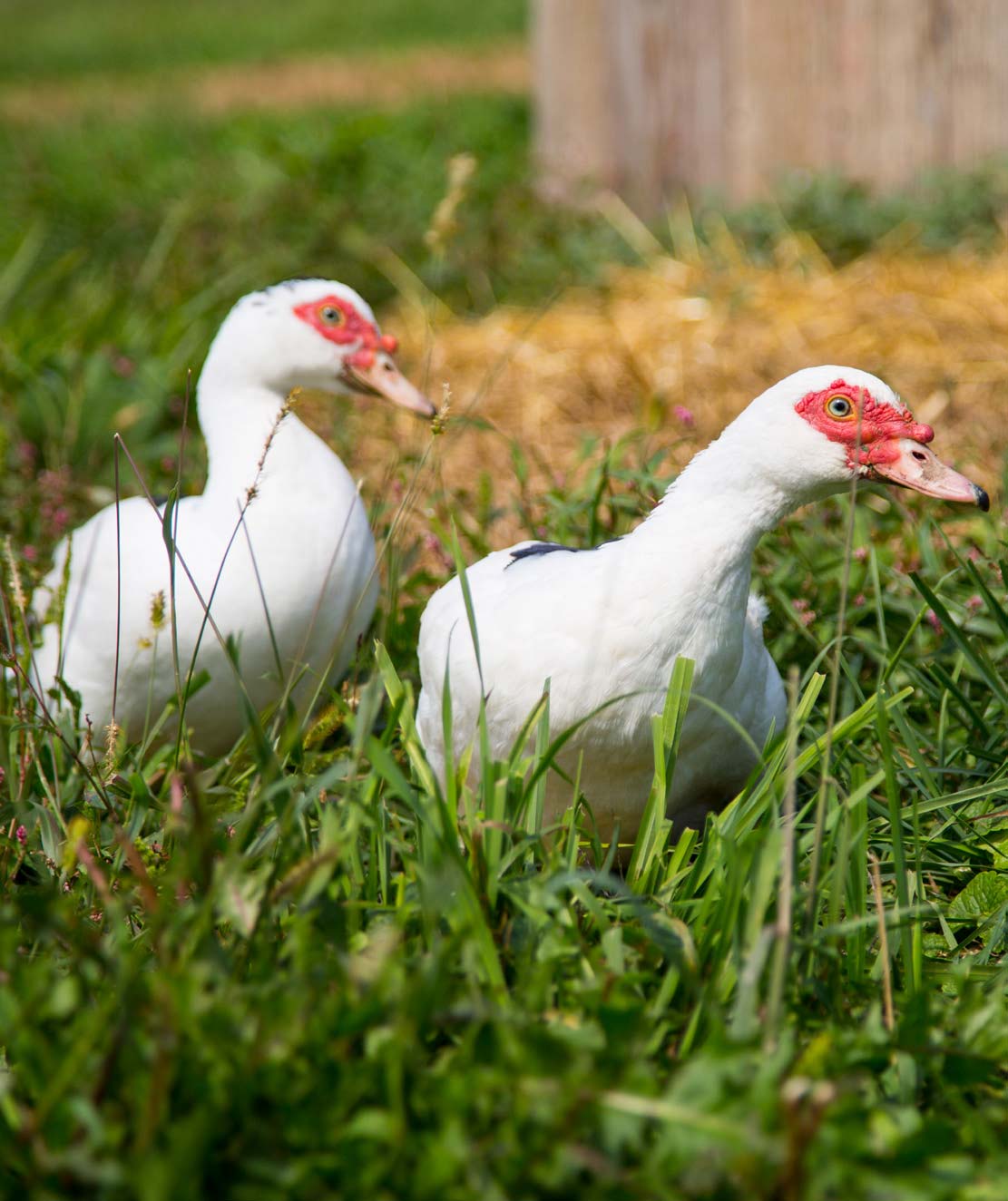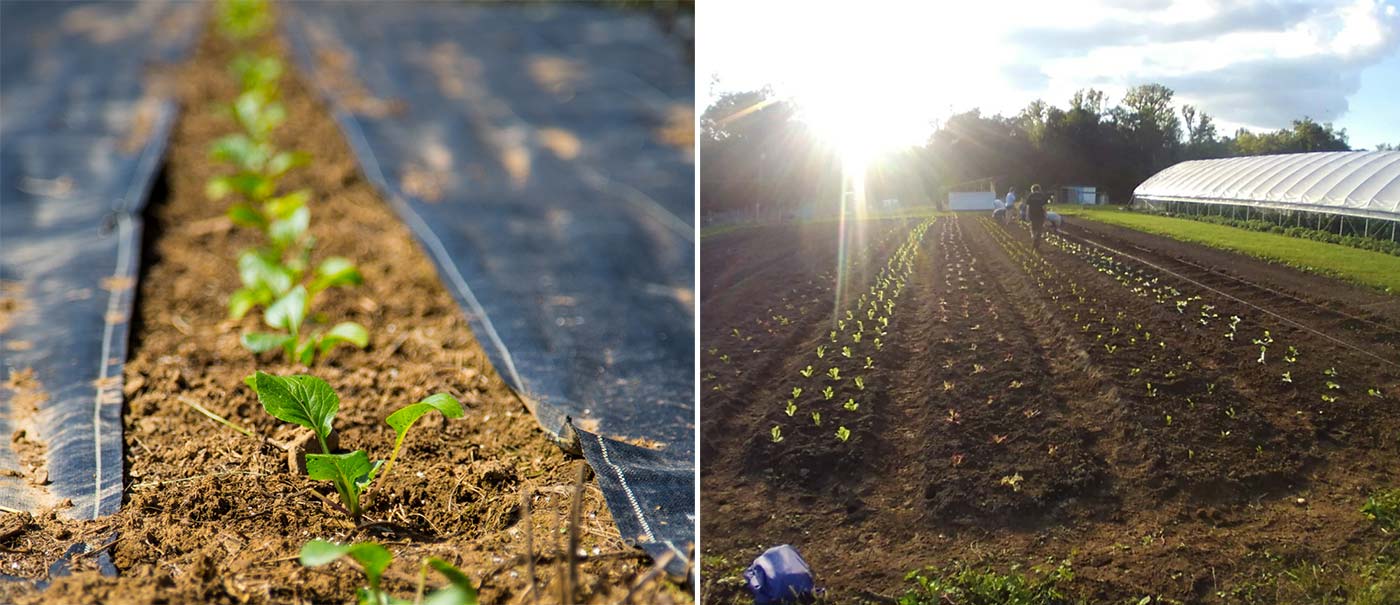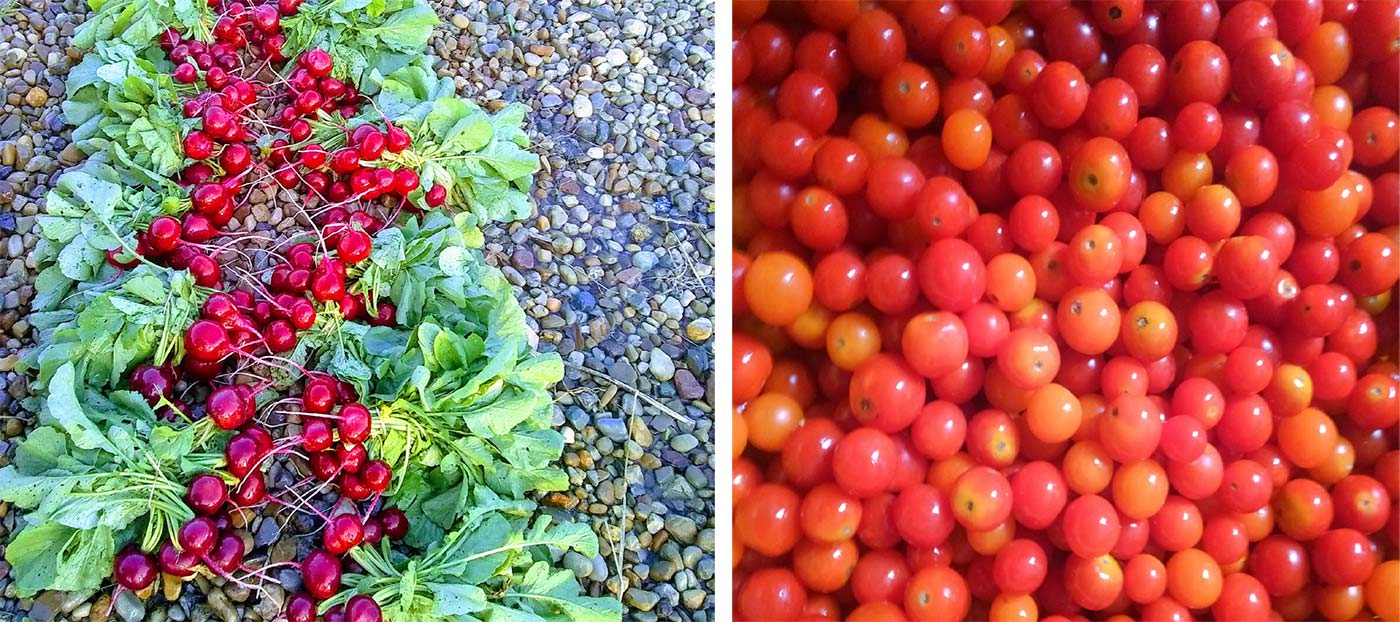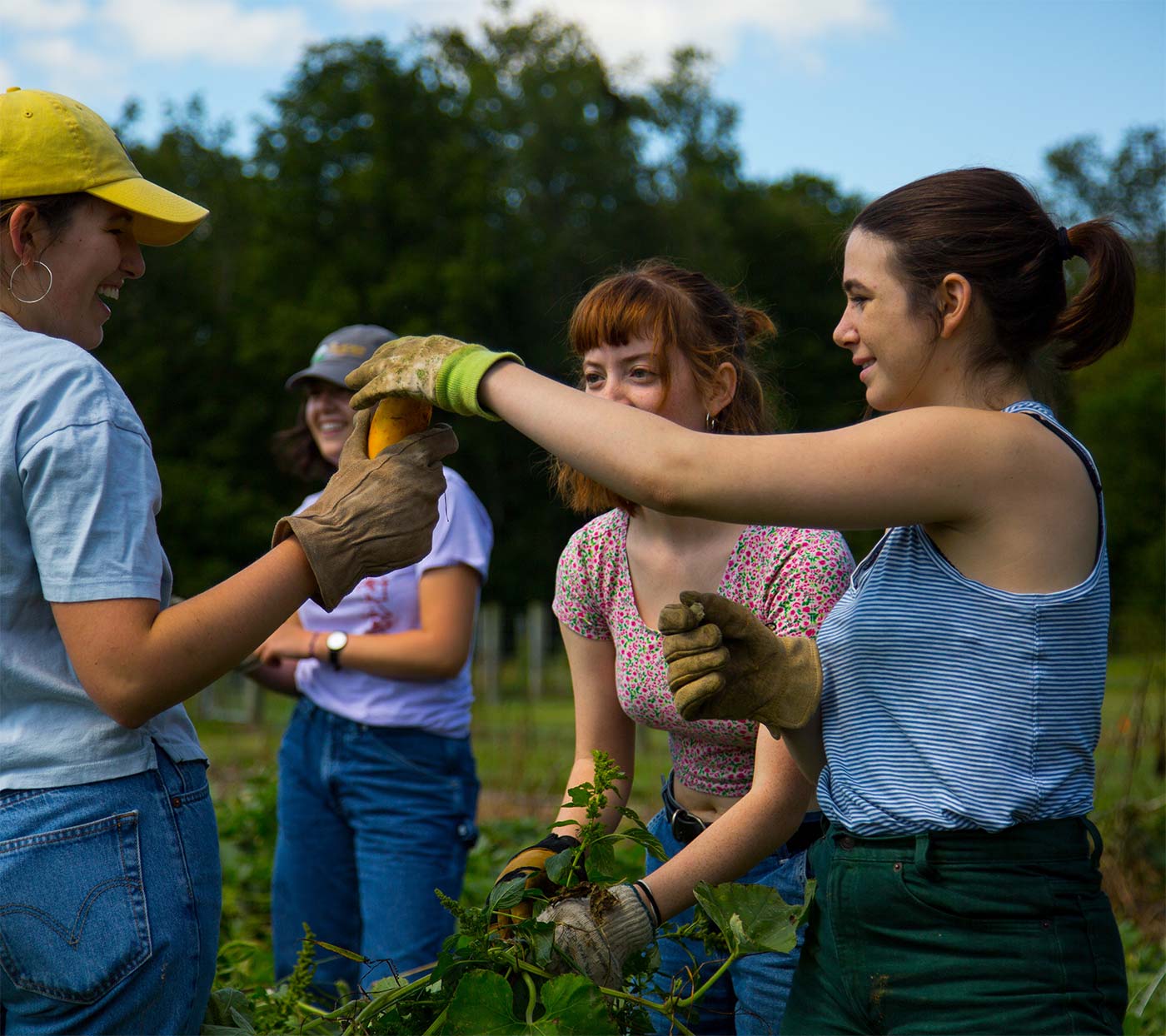Down on the Campus Farm : Kenyon College
Sometimes farmers need a hand. And when the student farmers at the campus-owned Kenyon Farm needed some extra volunteers one weekend, they went just a bit overboard in recruiting help.
“They sent out an email that said if people didn’t come help, they’d have to slaughter all the goats,” Anna Deryck said. “I thought, ‘Oh my gosh, I have to go help!’”
They were exaggerating, of course.
But Deryck, then a freshman, was hooked. Now she is one of a handful of Kenyon College students who have traded life in a residence hall for life in a farmhouse, complete with chores like cleaning out chicken coops, weeding gardens and caring for a growing herd of goats.
The Kenyon Farm, a 10-acre farm just outside Gambier, is a place where students spend their school year on a working farm that they operate.
It is part of a growing trend of hands-on student-run farms and gardens at colleges around the country. In the last decade, universities and colleges have found that campus agricultural operations are popular with a generation of students who value locally sourced food. Campus farms give students an opportunity to get their hands dirty, grow something tangible (and edible) and connect their community to the source of its food.

The farm near Kenyon’s campus, 50 miles northwest of Columbus, became available in 2012 when the owner, a Kenyon alum who was working for the campus food-service provider, suggested it would make a good place for a campus farm project. Kenyon bought the property and has been gradually developing an academic program based on an immersive farm experience.
The farmhouse dates to the 1870s but was substantially renovated in the 1980s. It can hold as many as six live-in student farmers, but usually has four or five residents. Other students who live in traditional campus housing also volunteer at the farm. They’re guided by a full-time faculty farm manager, Ryan Hottle, who helps the students plan their projects and manage the livestock and crops. In many cases, it is Hottle who disabuses students of any sentimental pastoral notions they have about farm life.
“Take your rose-colored glasses off because it’s not a lot of watching goats jump around. A lot of it’s gross, dirty jobs and sweating,” Hottle said.
Even so, the college often has more applicants for the program than the farmhouse can accommodate, making it a competitive program.
The students balance their traditional college schoolwork with 20 hours a week of farmwork. Along with planting and weeding, building duck ponds and hoop barns, the student farmers use the Kenyon Farm as a site for academic research into agriculture-related topics like thermophilic composting and vermiculture (worm farming).
Various classes in biology, chemistry, economics and sociology also make use of the farm, which includes a 19.5-kilowatt solar array that supplies more than half of the farm’s electricity needs. The farm started out by raising turkeys and potatoes for the annual Piercegiving feast, which is Thanksgiving at Kenyon’s dining facility in Pierce Hall. Today the farm includes egg-laying ducks and chickens, along with large vegetable and fruit gardens, cut-flower beds and a pollinator garden.
The student farmers produce everything from radishes, lettuce, peppers, garlic, carrots, onions, tomatoes and strawberries to cut flowers and honey. The mix of vegetables produced each year varies based on the interest of the farmers.

The farm also is expanding its herd of meat-breed goats and has hosted an annual goat roast in the fall. This winter 11 goats called the Kenyon Farm home.
Some of the farm’s produce is used by the campus dining hall and some is sold to the public, which also helps with the farm’s mission of connecting with the surrounding community. Student farmers sell to members of the public who stop by the farm and also from a farm stand they set up most Wednesdays on Gambier’s Middle Path walkway.
Having a campus farm helps Kenyon’s dining service meet its goal of using more locally sourced ingredients and provides students with meals grown in part by their classmates. “They’re eating food not even a full mile away from where it was produced,” said Kenyon’s Director of Green Initiatives David Heithaus. A campus farm makes sense at a college in a rural community surrounded by farmland. “It’s such a great fit in Knox County because we’re an agricultural community,” he said.
In most cases, the students working at Kenyon Farm don’t come from farm families or have any previous involvement with agriculture. Many do not even come from farming communities, Heithaus said. “At one point I think everybody who lived there was from New York City or Los Angeles,” he said. “None of them had any experience with this sort of thing.”
The student farmers also have a wide variety of majors. Deryck came to Kenyon from Honolulu, Hawaii, planning to major in physics. Now a senior, she has changed her major to environmental studies and plans to go to veterinary school. For her, the farm experience helped her figure out her future.
“I’ve known for a long time that I wanted to work with animals,” she said. “My work here guided me to that.”
The goal of a campus farm isn’t to produce the next generation of farmers or veterinarians, but to produce graduates who go on to other types of careers with a more sophisticated sense of where food comes from than they’d get otherwise. Student learning and student experiences are the priority, not profits or producing farmers, Hottle said.
And it doesn’t hurt that growing your own fresh produce right outside the back door can improve the average diet of college students. “Living here is awesome,” Deryck said. “I actually eat a lot more vegetables when I’m at school than when I’m at home.”






